Kava is formulated from the roots of the Piper methysticum plant. The plant grows wild on certain islands in the Pacific Ocean.
The name translates into ‘intoxicating pepper’.
For hundreds of years, islanders living in Tonga and Fiji have used the dried roots as a traditional medication and during social gatherings for its euphoric effects that are like alcohol and can significantly ease anxiety.
Table of Contents
How is KavaUsed?
Beverages Created from the Plant’s Roots
Typically, the roots are dried and then ground into a fine powder that is then mixed with water and drank as a beverage.
However, on some South Pacific islands, the roots are ground and mixed with only a tiny bit of water to form a paste.
The paste is then mixed with coconut milk to create a yummy beverage that is used for religious and cultural ceremonies.
Upon ingestion, it creates an altered state of consciousness. Nowadays, many users also ingest kava in tablet form.
The Effects of Kava
Many people liken the effects of kava to that of alcohol.
When consumed, it creates a relaxing and almost euphoric effect.
The calming phenomenon is referred to as anxiolytic – alcohol is also classified as an anxiolytic drug.
Many users turn to kava not only for recreation but also to use as medicine.
It can reduce both stress and anxiety.
Possible Health Benefits of Kava
Kava relieves anxiety and can even help you achieve a good night’s sleep. In one study, participants were given kava for a six-week period. At the end of the study, it was found that many of the participants experienced a significant reduction in anxiety. The only notable side effect of the herb was that some people suffered headaches. However, there were no liver side effects. The researchers concluded that kava could be an ideal short term treatment option for individuals.
Another study also showed an improvement in participants suffering from stress and anxiety who used kava. However, at the end of the study, it was determined that more research needed to be performed to determine the herb’s full safety and effectiveness.
Is Kava Safe?
Kava – In Root Form
Recently, there has been a lot of negativity spewed about kava just like with kratom (a popular SE Asia herb). It is true, that kava can cause liver damage because it acts as a hepatoxic which damages liver cells. However, as with anything (alcohol included), it depends on the dosage and frequency of use. The potential risk has spurred Germany, Canada, and Great Britain to restrict or ban the use of the root.
In the United States, the herb remains legal but the FDA does warn users that it can cause liver damage which can lead to hepatitis or liver failure.
Symptoms of liver damage caused by the plant root include:
- Fatigue
- Jaundice
- Nausea
- Rash
- Abnormal enzyme levels
- Fever
If you use the root and start exhibiting any of the above symptoms then you should immediately seek medical care.
At this time, researchers are still unsure exactly why the root can damage the liver.
The process of how the herb’s compounds impact the organ’s function is unknown which is why many hesitate to label it safe or unsafe.
Clearly, more research is needed.
If you decide to use the root then you should focus on starting out with a low dose to avoid the possibility of developing the following:
- Eye problems
- Dry, scaly skin
- Heart problems
- Yellow skin
Kava Substitute – Kratom
Kratom as a Substitute
You can always try alcohol if you want a substitute for kava and in moderation, there is no problem.
However, for many, the use of alcohol can lead to addictions.
You can also choose to use other natural herbs to help relieve anxiety and obtain a good night’s sleep.
Kratom is an herb obtained from the SE Asian tree Mitragyna speciosa.
It is completely natural and legal for use in the United States.
You can use the kratom supplement as a powder, extract, or capsule.
At My Kratom Club, we sell a wide array of kratom strains HERE.
Kava vs. Alcohol
People who favor the root report that it creates a calming sensation that is comparable to benzodiazepines and alcohol.
However, alcohol impairs your cognitive function and kava does not.
The users remain clear-headed but have a feeling of euphoria and increased relaxation.
The compounds found within the root impact the body’s central nervous system and act as a depressant on the receptors of the neurotransmitter gamma-aminobutyric acid (GABA).
In addition, it stimulates dopamine in the brain to spur a feeling of calm and improved mood.
The sensations are so pleasurable that many people end up abusing the natural substance.
Learning about Consumption
The Kava Plant
You’ll find kava in many forms. You can follow the lead of the South Pacific Islanders and chew the pulp of the plant or grind them into a powder to mix with water.
However, many commercial preparations are available.
You can choose from pre-made liquids, tea, tinctures, and tablets.
What Does Kava Taste Like?
This is a common question asked by people who have never used the root before.
Many people will call the root ‘earthy’ to make it sound exotic, but others declare that the herb tastes like garden dirt.
Many who use kava report that the root’s kavalactones make their tongue and lips feel numb or tingly.
How to Take the Herb?
Here are several ways to consume kava:
- Ground root: This is the traditional way to enjoy the root. You can wrap it in a muslin cloth and then steep it in hot water. The process takes a long time, and you will have to continue kneading and straining the roots. However, this is a great way to truly maximize effects.
- Micronized: Once ground in a fine powder, you can simply mix the formula with the beverage of your choice and drink it.
- Concentrate: In a liquid form, you can drink it straight or mix it in another beverage. It usually comes as a tincture with an included eyedropper, so you add a few drops to a drink to enjoy the benefits of the herb.
- Tea: A traditional way to enjoy the root.
- Tablets: An easy way to take the herb.
Quality Matters
When using kava, quality matters. Some shady products use other parts of the plant and not just the root.
Sadly, the plant’s foliage and stems might prove harmful to the liver compared to the root and should always be avoided.
When shopping for the herb, make sure you buy only from a reputable vendor and purchase a quality brand.
If you decide that kava is not for you and you do not want to turn to alcohol then why not try kratom?
At My Kratom Club, we have a wide array of kratom strains.
Please contact us today to learn more.


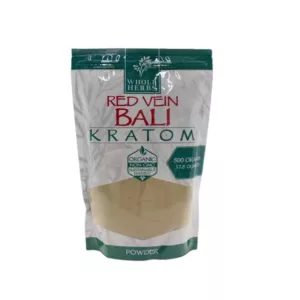
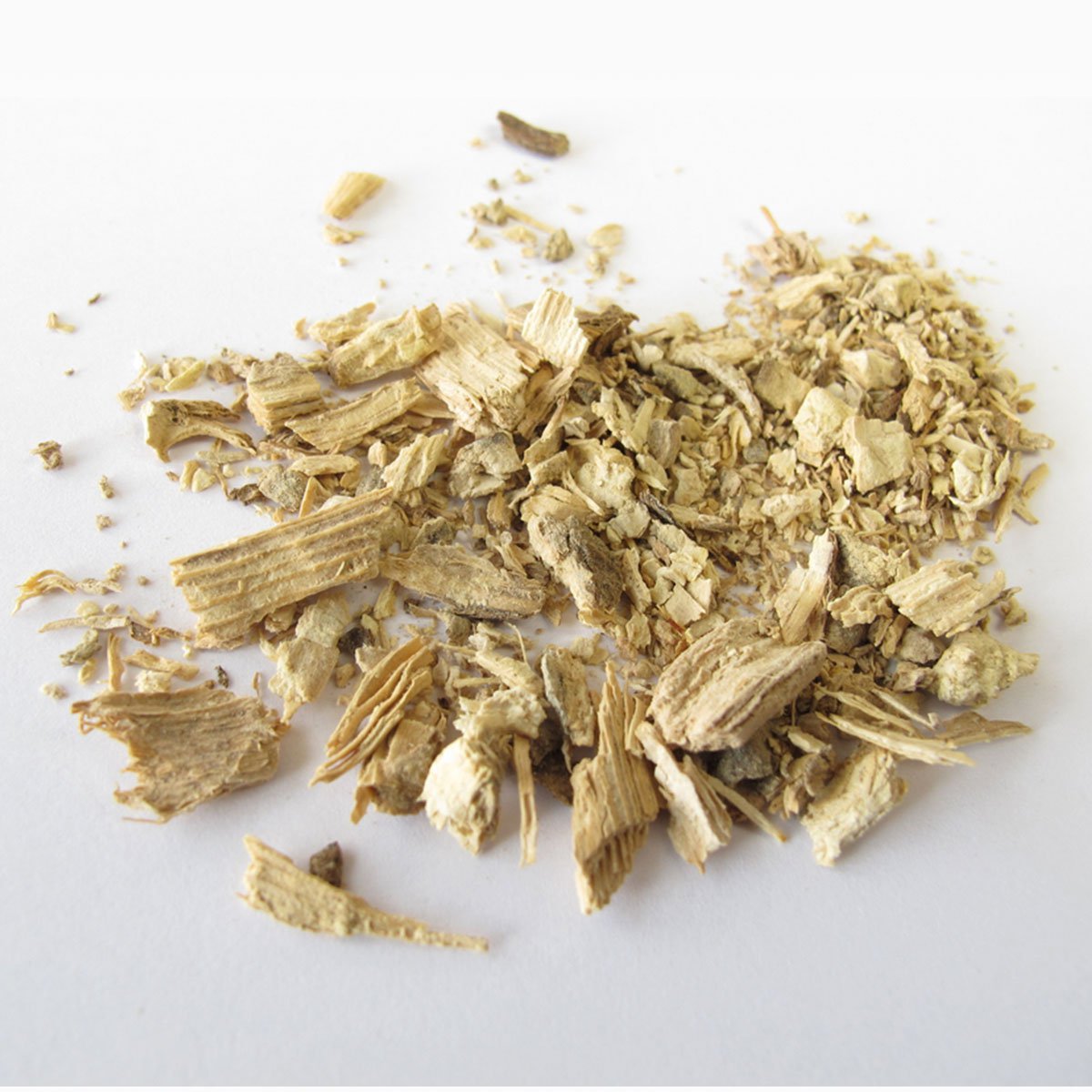


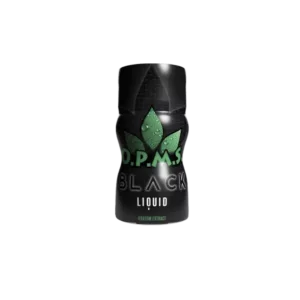
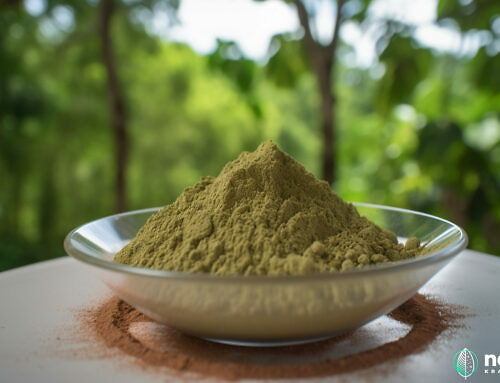
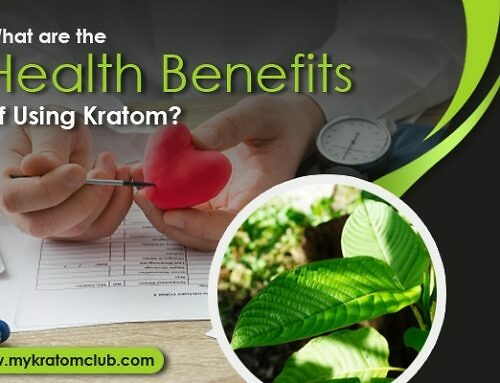
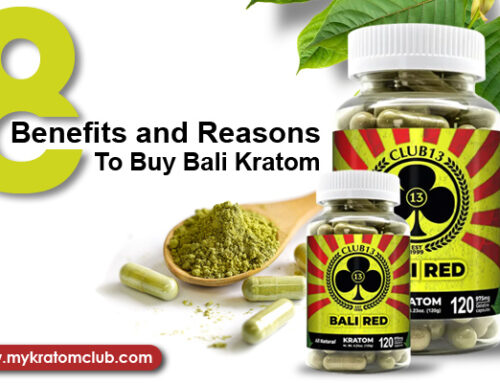
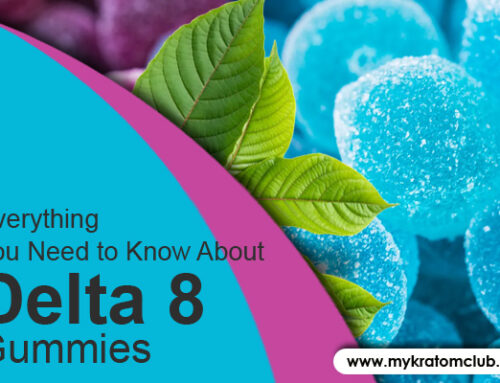
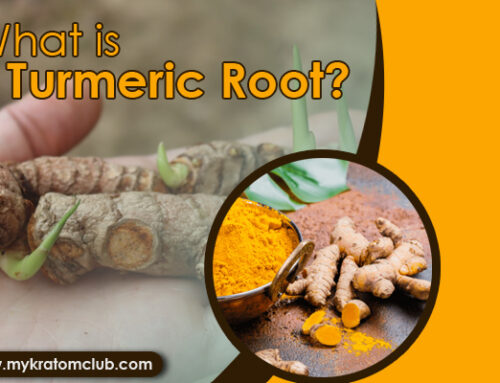
Leave A Comment